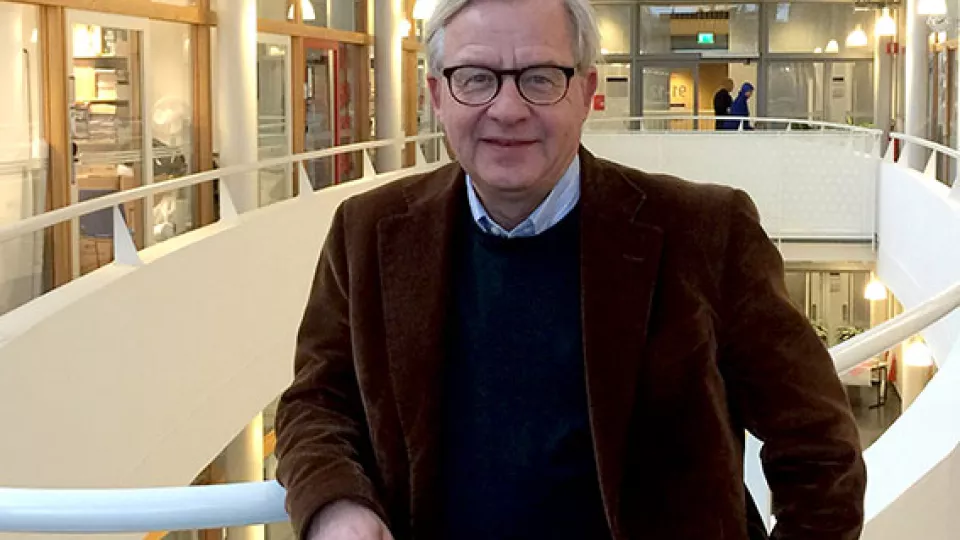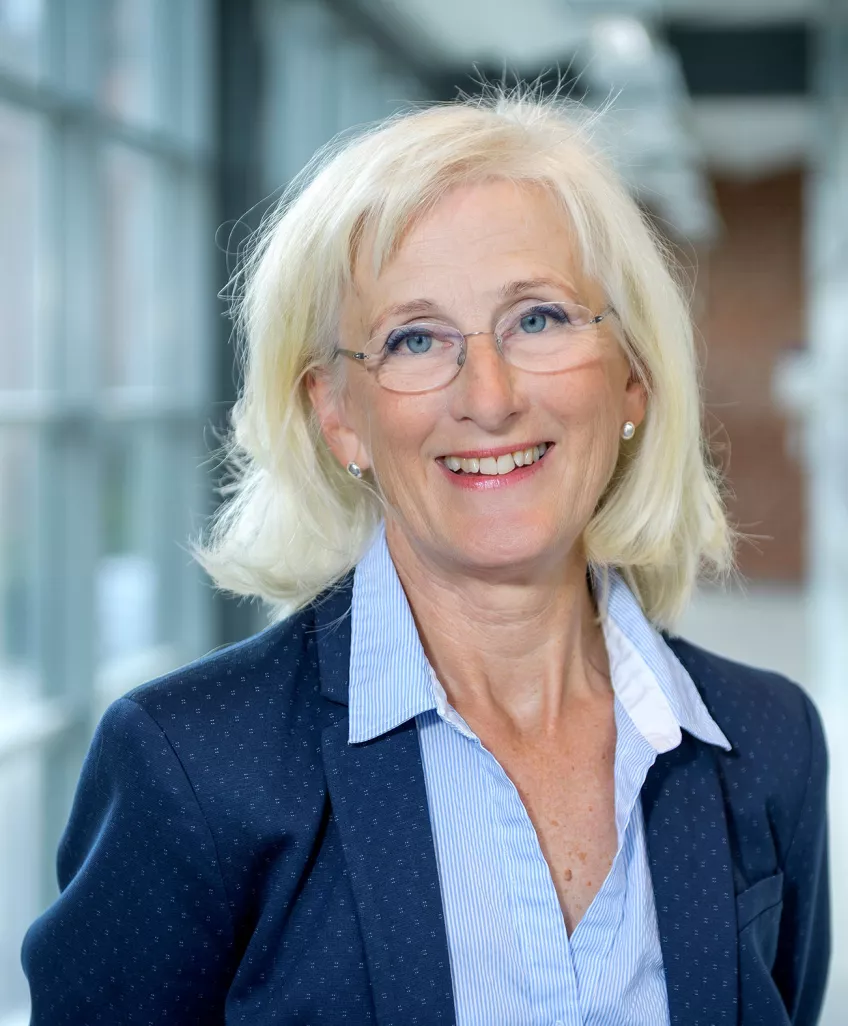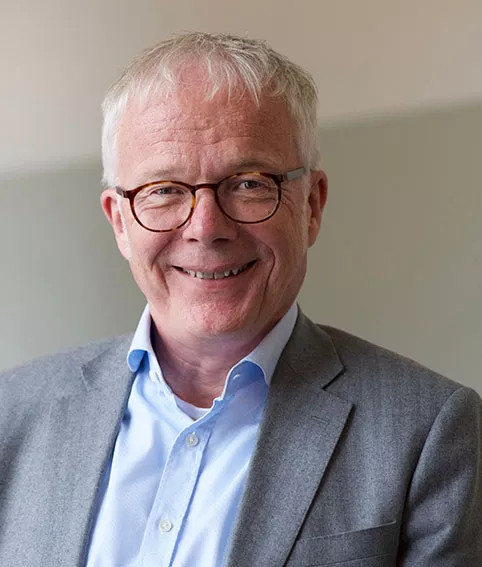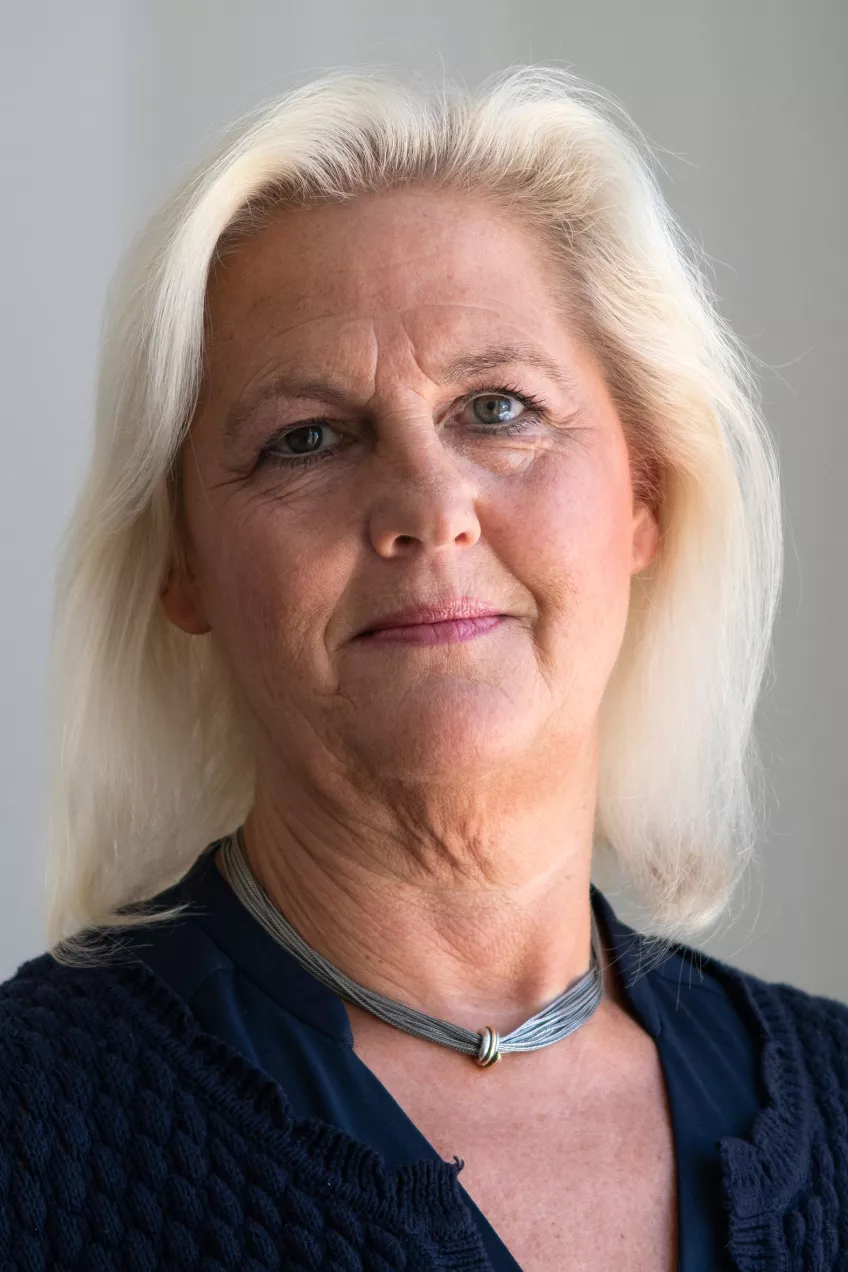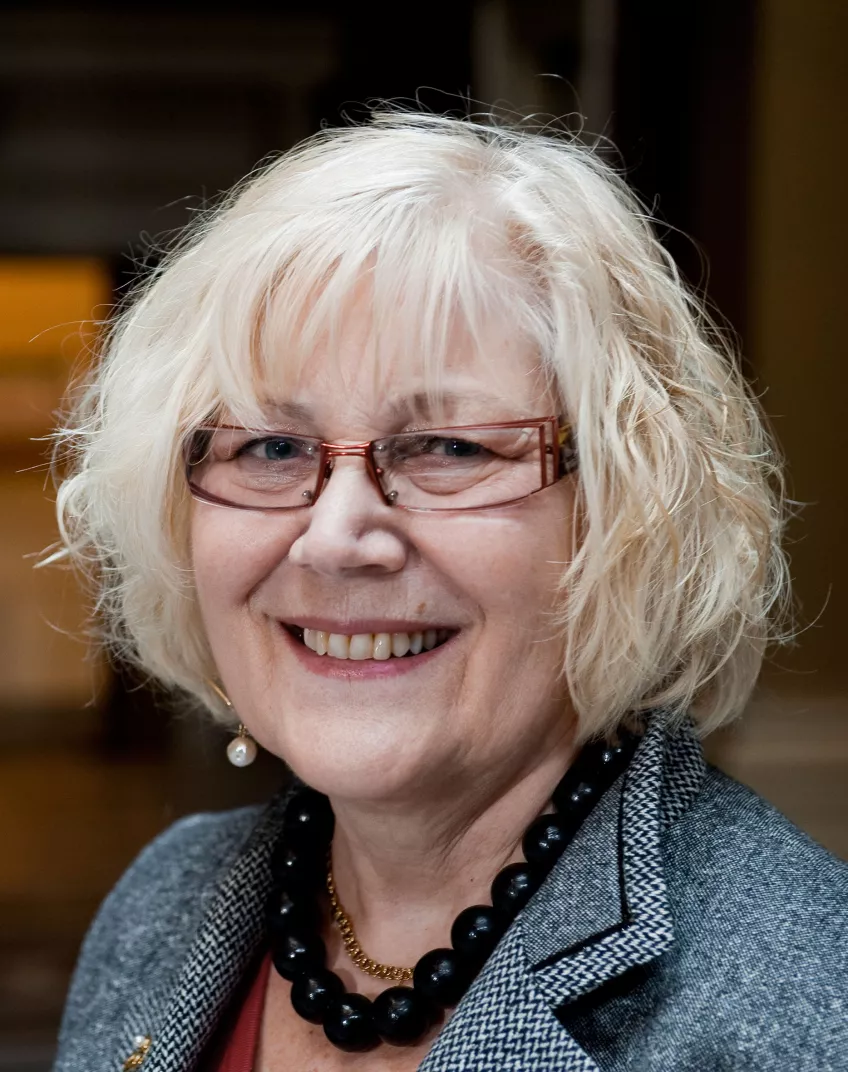It never seems to end, this health crisis that many people experience and which is reported in the media every day. Everything from lack of space and staff shortages to concerns about how health care should address an increasingly ageing population creates headlines. But there is hope for improving the situation, according to Professor Jan Nilsson, chair of the newly started Health Care and Science Think Tank (in Swedish).
– Everyone is agreed that there are problems in health care, but previously initiatives have been lacking on how health care should be done in order to succeed in translating research into developing activities. We want to change this and create opinion, says Jan Nilsson.
The background to the think tank starting is the Knowledge Solution action programme (in Swedish "Kunskapslösningen), with 17 proposals for better health care that the Royal Swedish Academy of Sciences and the Swedish Society of Medicine have produced. It contains, among other things, suggestions on how to integrate research even more into health care, so that knowledge is increased and so that ways are created for health care to develop itself. The aim is that the university hospitals should be a hub for the development of knowledge in the entire health care system in the country.
– Many different experts from the regions, the university hospitals, research financiers and the health care professions were involved in the process of developing the action programme.
But there is a need for opinion forming to turn the ideas into reality, says Jan Nilsson. Representatives from the think tank have therefore met parliamentary politicians and had contact with several of the investigations that are currently underway related to the future of health care.
– Health care is one of the costliest undertakings in the country and has the most highly skilled workforce. Yet we miss the opportunity to develop what we are doing.
The reason, says Jan Nilsson, is the burden of administration and feedback.
– Today, healthcare professionals devote more time to reporting and control systems than to the development of their activities. I believe this is the most important reason why health care workers leave, which in turn leads to the health crisis we see today.
Health care needs a stronger research and development mission – something that would eventually lead to a better work environment and benefit research, according to Jan Nilsson.
– There must be a new culture in health care in which we use research to develop the activities in a way that better meets the needs of patients and society. For this we need a clear mandate and resources from our politicians.
Why do we need a think tank?
–Sometimes it can be difficult to come up with ideas and demands yourself that question the activities you work on. A think tank is independent, and it makes it possible to bring forward ideas that can affect the activities you are part of. This is something we in health care must to do together with researchers from academia.
Tove Smeds
